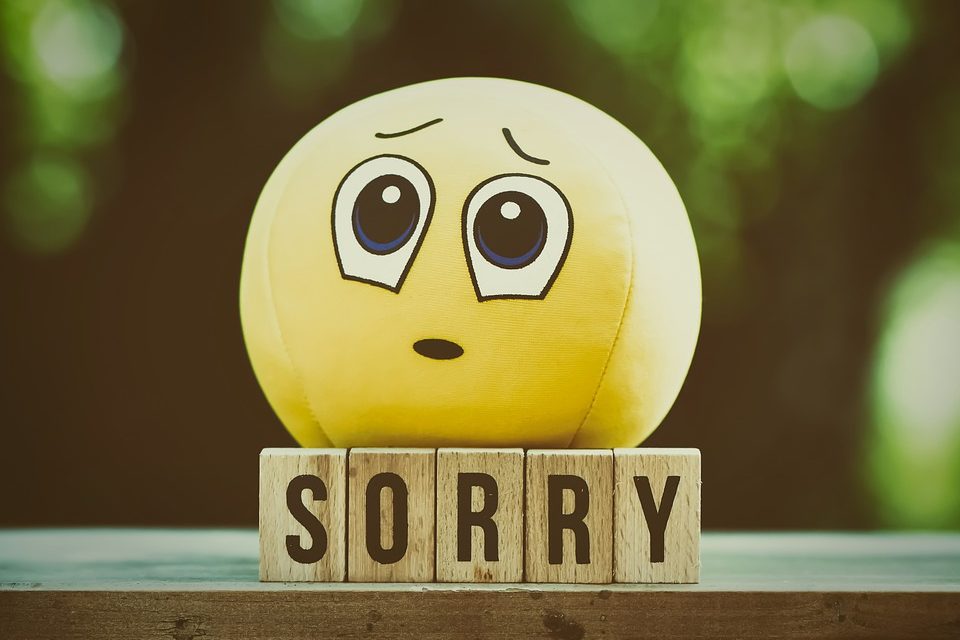According to Dr. Gary Chapman and Dr. Jennifer Thomas, the authors of The 5 Love Languages, there are five languages with which we express our love, and each of us feel most loved and cared for when the people around us communicate with one or two of those languages. Similarly, as Dr. Chapman and Dr. Thomas have written, we have a preference of one or two of the five languages with which we express our apologies: the mode of apology that makes us feel we are receiving it in its most sincere form.
Folks are nuanced, and thus, will express and receive emotions and sentiments in a myriad of ways. By understanding the five apology languages, one can clearly understand how people differ from one another across modes of communication. At the foundation of apologies (at least within the context we speak of here) lies an emotion somewhere along the spectrum of pain, so giving a proper apology is about taking accountability when we know we have hurt someone. That recognition and reflection—understanding when our actions affect others—are huge catalysts for inner growth, and because the problems that require apologies tend to revolve around a concern for personal boundaries and space, exercising the concept of apology languages will prove fruitful for your relationships. However, even as college students (at our big ages of 19 to 23!) and throughout our adulthood, we may continue to find trouble recognizing both when an apology is appropriate and how to give the “right” apology to its receiver. But it’s all about the process – putting in an effort to give better apologies is what’s most important. To do so, one must understand both what their own apology languages are and spark dialogue within their circles to learn the apology languages of their loved ones. Here are the five languages Dr. Chapman and Dr. Thomas outline in their work, but remember- it’s okay to see yourself somewhere between two languages or resonating with a few aspects of each of them. It’s all about starting and becoming aware of the conversation!
- Expressing Regret: This language is all about being verbal about the consequences of our actions, beginning with the words I’m sorry. This is the most common form of apology among the five. Verbalizing our apologies is an essential component of expressing and acknowledging how we have hurt someone else, but some folks may be more receptive to it than others: they really just want to hear that you know you’ve hurt them and that you regret doing so.
- Accepting Responsibility: This language is really important to me, and it may resonate with you. Accepting responsibility throws “intentions” out of the window. A recipient who prefers apologies in this form does not want to hear someone justify their actions, because at the end of the day, those actions were still hurtful. This language is about understanding the scale between the effects of an action and the intentions behind it. Why is it not an important question here? To answer it would be insincere because apologies are not about being right or wrong. They’re about accepting and responding to the consequences of our actions. Apologies where one assumes responsibility tend to be successful at catalyzing real, thoughtful conversations that result in the growth of a relationship rather than conflict.
- Making Restitution: Folks who prefer this language think that if someone loves and respects them, they would not have done something to hurt them in the first place. This language is about reassuring those we’ve hurt that we love, respect, and care for them. Expressing that sentiment can be verbal or physical, but the best form of apology in this category should involve their love language: words of affirmation, acts of service, receiving gifts, quality time, and/or physical touch. Anywhere from giving them a hug to spending more time with them will do, but preferences vary from person to person. Here, for the injured party, the apology is about more than the injury itself; it’s about proving that you love and care for them.
- Genuinely Repenting: This language is about directing a line of action with the injured party, putting together plans so that we may never hurt that person again. For speakers of this love language, expressing regret is simply not enough, especially if a window is open for them to get hurt again. They want to know that you will not repeat your actions, and that you are willing and determined to change your behavior. With this love language, a sincere apology comes from reassuring someone not just of your love, but of your willingness and care to avoid engaging in that behavior again. It’s about having an action plan! This, along with assuming responsibility, are two of the languages most find more difficulty with.
- Requesting Forgiveness: This language is arguably the toughest yet most rewarding form of apology. Requesting forgiveness tends to come after one has already used one of the other four languages. It’s the waiting process, giving them the time to decide if they still want you in their life at the same capacity, or if they are still willing to develop this relationship as they were before the incident. A common misconception is that requesting forgiveness comes from an entitled place, but it has more to do with giving up control of the relationship’s fate and accepting a possible rejection, beginning with the words “Will you forgive me?” After that, you should give them time and space to respond. Respecting their decision will set the both of you free.







